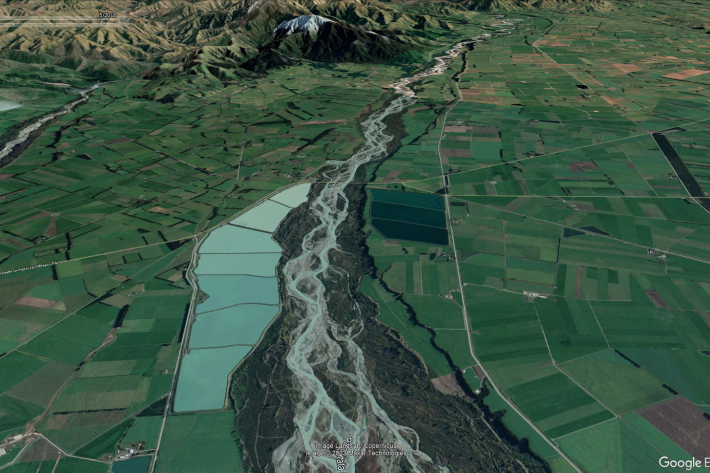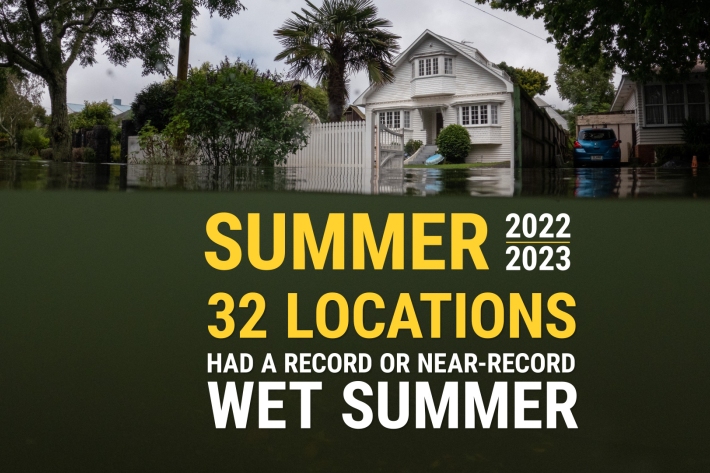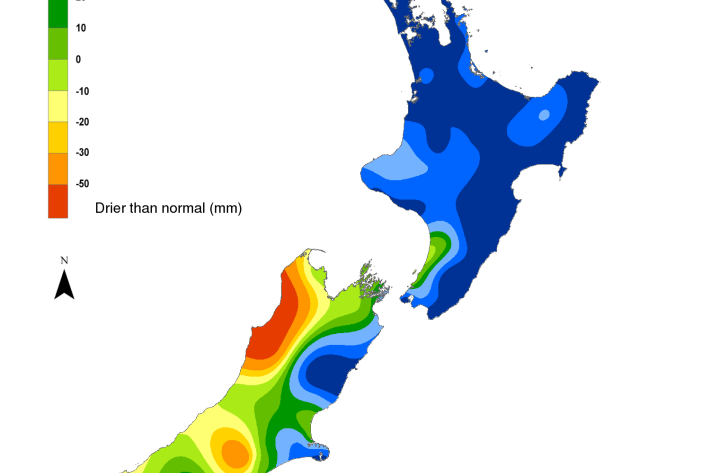-

New Zealand streamflow depletion model: A tool for sustainable water resource management
Intensifying competition for water is increasing pressure on finite water resources (surface and groundwater), which manifests itself as depleted stream flows. As the concerns over water resources and the environment increase, the importance of combined water management, which acknowledges the integrated nature of groundwater and surface water, and manages them as a single resource, is critical to sustain both human society and aquatic and terrestrial ecosystems. -

Biological traits
Software Tool/ResourceBased on the characteristics of individual organisms, Biological traits analysis is also a powerful way to measure ecosystem health and vulnerability to human activities. -

Our mission
NIWA’s mission is to support the wellbeing of Aotearoa New Zealand’s people and businesses through improved management of the environment, sustainable use of natural resources, and effective responses to global change. -

Our company
NIWA, the National Institute of Water and Atmospheric Research, is a Crown Research Institute established in 1992. It operates as a stand-alone company with its own Board of Directors and Executive. -

Aquaculture
Supporting the sustainable growth of New Zealand’s aquaculture industry. -

2022-23 Summer Climate Summary from NIWA Meteorologist/Forecaster Ben Noll
It has been a summer to remember, but not in a good way. -

In numbers: New Zealand’s wild summer weather
Media release03 March 2023It has been a summer to remember, but not in a good way. -

Hotspot Watch 2 March 2023
Hotspot02 March 2023A weekly update describing soil moisture patterns across the country to show where dry to extremely dry conditions are occurring or imminent. -

Research Vessel Tangaroa
FacilityRV Tangaroa is New Zealand’s only ice strengthened and dynamically positioned deep-water research vessel. -

Antarctica
Supporting research on Antarctic atmospheric processes and aquatic ecosystems. -

Vessels
NIWA's vessels are world class environmental monitoring and research platforms.

